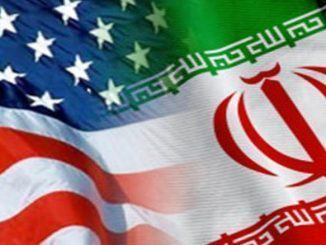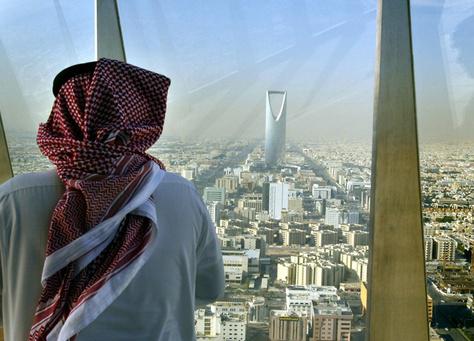
Saudi Arabia has announced plans to introduce electronic identification bracelets for all pilgrims heading to Mecca for Hajj as part of a safety drive.
Containing personal and medical information, the e-bracelets will help authorities provide care and identify people, the official Saudi Press Agency SPA said on Thursday.
Water-resistant and connected to GPS, the devices will also instruct worshippers on timings of prayers and a multi-lingual help desk to guide especially non-Arabic speaking pilgrims around the various rituals of the annual Islamic event.
Every year, millions of Muslims travel to Mecca and Medina, Islam’s holiest sites, which are under the custody of Saudi Arabia.
Last year, authorities say 769 pilgrims died in the stampede in the Mecca district of Mina when thousands of pilgrims converged on a walkway intersection. The majority of the victims were Iranian nationals.
To address the security issues, nearly a thousand new surveillance cameras have been installed at Mecca’s Grand Mosque, monitoring pilgrim movements, Saudi newspapers have reported.
Taking part in the pilgrimage at least once in one’s lifetime is a major obligation for all able-bodied Muslims of financial means, and between two and three million people participate in the six-day ritual every year.
The annual Muslim pilgrimage re-enacts the actions of the Prophet Muhammad in his “farewell pilgrimage” in AD 632.
Iran suspends participation in Hajj this year
Saudi Arabia and Iran have failed to reach a deal on arrangements for Iranians to attend this year’s Islamic pilgrimage to Mecca, with officials from both countries trading accusations on who was to blame for the impasse.
Saudi officials accused their Iranian counterparts of walking out of talks early on Friday, despite what they said were offers for “solutions” to the Iranian demands.
A statement from Saudi’s pilgrimage ministry said the Iranian government “will be responsible in front of Allah Almighty and its people for the inability of the Iranian citizens to perform Hajj for this year”.
It added that the Saudi leadership “has stressed its categorical rejection to politicise Hajj rituals”.
Saeed Ohadi, head of Iran’s office that organises the pilgrimage, earlier told Iran’s state television, Press TV, that his country will not send pilgrims to Saudi Arabia unless their safety is ensured.
Ohadi also said the “lack of a unified decision” by Saudi officials is causing the delay in the agreement.



